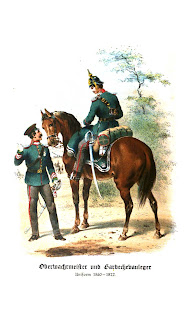In this compelling historical account, a Westphalian staff officer recounts his experiences during the 1812 campaign in Russia. He followed a routine of documenting daily observations and events, which were initially sent to his family in the form of letters. After returning from the war, he found all these letters intact and took the opportunity during peacetime to organize them. Despite their sometimes hasty and pencil-written nature, he transcribed them for readability.
His war companions encouraged him to publish these letters, particularly because they offer a unique perspective on the involvement of the Westphalian Army Corps (the 8th in the Grand Army) in the campaign. The author highlights inaccuracies and misunderstandings in existing accounts of the campaign, which often fail to adequately represent crucial facts influencing the outcomes of operations, battles, and skirmishes.
The letters remain largely unaltered, with only personal matters omitted, preserving the immediacy and authenticity of a diary. Readers can judge the author's perception of daily experiences, the morale of troops and leaders, and the immense challenges in maintaining combat readiness. The author emphasizes how these factors, more than the enemy or harsh weather, contributed to the destruction of the French-allied army in Russia.
The book offers candid insights and occasional misconceptions, which are natural given the circumstances. The author corrects these with annotations, referencing well-known authors on the war, and shares his own views where they differ. Additionally, he provides insights into the internal workings and organization of the Westphalian army, as well as events involving Westphalian troops before and after the 1812 campaign.
The author, with his unique perspective, offers a narrative filled with political reasoning, operational plans, and personal views, creating a vivid and authentic portrayal of a war unparalleled in the history of the civilized world. Includes 48 Westphalia Army Uniform Plates of Herbert Knötel.


















